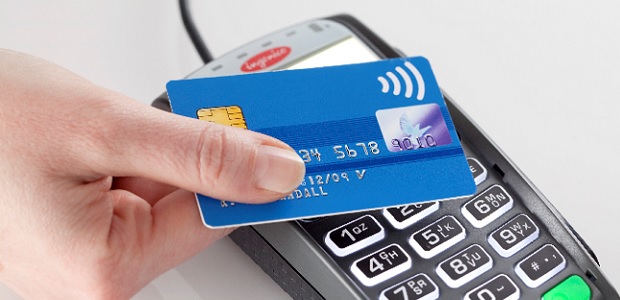
A study by the payment service provider Klarna shows that Austria is far behind when it comes to adapting innovative technologies from the financial sector.
Regardless of whether payment is made by card, smartphone, smartwatch or using biometric data: Austrian consumers are skeptical of contactless payment methods. Across all countries, they are at the bottom of the ranking. Only Germany is still behind when it comes to accepting card payments. While card payments (Sweden: 72 percent) or mobile payments (Netherlands: 17 percent) are highly valued in other countries, in this country people remain loyal to cash (47 percent). Austria is in danger of falling behind, as the digitization of payment systems is advancing rapidly around the world and setting new standards.
The Austrians are still cash lovers and prefer this to all other payment methods. Almost half (47 percent) of those surveyed prefer cash when making payments. For comparison: With the exception of Germany (49 percent), less than 30 percent of those surveyed in all other countries stated that they would like to use cash when shopping. The preference for card payments is the second lowest in the entire study for Austrian consumers. Only 41 percent would pay with a card when shopping.
More than half of the respondents in the other countries (with the exception of Germany) favor paying by card. In an international comparison, Scandinavian consumers are the equivalent: Here, the least amount of cash is used (Sweden: 9 percent; Finland: 15 percent; Norway: 14 percent). Card payment is the most popular in the entire study in the Nordic countries (Sweden: 72 percent; Finland: 70 percent; Norway: 67 percent).
Paying by smartphone is the least appreciated by Austrian consumers in an international comparison. Although contactless payment is now possible in many places, only 7 percent of respondents in this country would use it. In the USA (13 percent), Great Britain (14 percent), Australia (17 percent) and the Netherlands (17 percent), on the other hand, mobile payment is very popular.
Likewise, newer solutions such as payment by smartwatch (2 percent) and biometric technologies such as facial recognition or fingerprints (2 percent) are not preferred by consumers in Austria. Here the Scandinavians are again in a pioneering position.
Young consumers refuse card payments, only 30 percent of 18-25 year olds would prefer it. Older consumers (56-65 years: 49 percent; +66 years: 47 percent) have significantly more supporters. Cash is popular with all age groups in Austria. Cash payments are particularly popular among the 18-25 year olds (50 percent) and the 46-55 year olds (54 percent). When it comes to digital payment options, older consumers in particular are still lagging behind. They would use the payment via smartphone, smartwatch or biometric technology the least.
In particular, the group of 18-25 year olds and 26-35 year olds prefer innovative payment technologies. 13 percent of 18-25 year olds say they prefer paying by smartphone at the checkout. For the 26-35 year olds it is 9 percent. 4 percent of 18-25 year olds would use both the smartwatch and biometric methods for payment. For comparison: only 4 percent of 56-65 year olds would want to pay with their smartphone, biometric technologies are hardly preferred by 56-65 year olds (2 percent) and those over 66 years old (1 percent).
“The past year accelerated digital networking in everyday life. On the basis of our study, however, we unfortunately have to state that many Austrians are still finding it difficult to accept new, digital payment options. While many other countries are setting the course for the future, Austria threatens to be left behind in an international comparison. A population that is open and interested in digital technologies is also the basis and yardstick of a country’s innovative strength. That is why we now see representatives from politics, business and society as having an obligation to bring the exchange about the opportunities of digitization to the center of society in order to create more openness for new digital possibilities, ”explains Cheng Chieh Chen, Country Lead Klarna Austria.
Banking 4.0 – „how was the experience for you”
„To be honest I think that Sinaia, your conference, is much better then Davos.”
Many more interesting quotes in the video below: